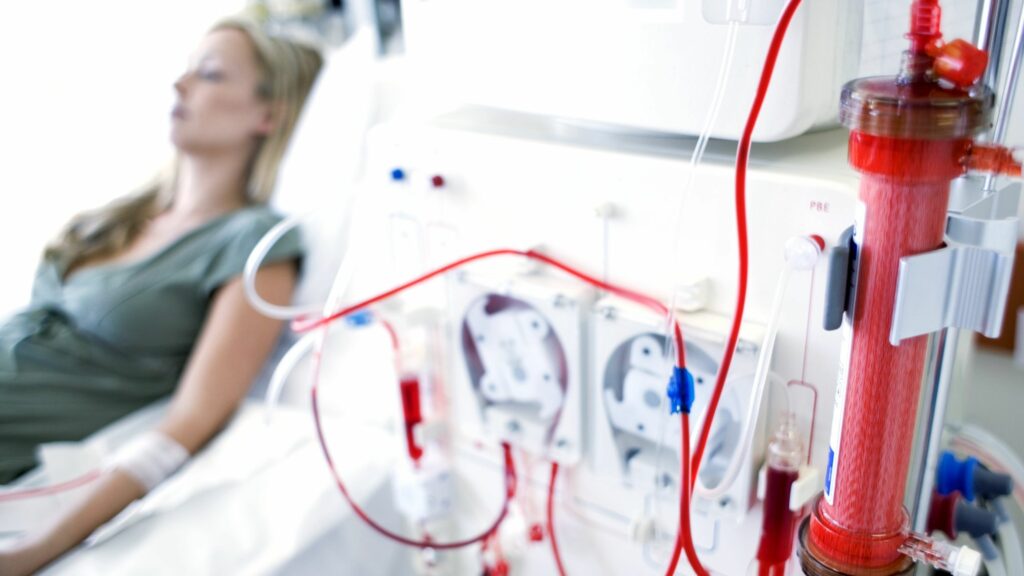
Dialysis is most familiar as a life-sustaining treatment for individuals suffering from kidney failure, but it has recently emerged as a potential adjuvant therapy for cancer. (source MDPI Open Access Journals)
This novel approach has attracted significant attention in the medical community due to its unique mechanism of action and promising preliminary results. For those suffering from malignant cancers, the potential benefits of incorporating dialysis as an adjuvant treatment for cancer patients may be advantageous, boost ketosis and destabilizing the environment for cancer cells. (source: Scientific Reports)
How dialysis may support cancer treatment
Cancer is a complex disease that often requires a multi-pronged approach to treatment. While traditional therapies such as surgery, chemotherapy, and radiation therapy have been the traditional form of cancer management, there is a pursuit of innovative strategies to improve patient outcomes and quality of life. One of the main challenges in cancer management is removing toxins and waste products that accumulate during the disease process and as a result of treatment.
Dialysis is a well-established procedure for removing waste from the body in patients with kidney failure, and has shown potential in addressing this challenge. By filtering the blood and removing harmful substances, dialysis may provide a complementary approach to cancer treatment, and mitigate the side effects associated with conventional therapies.

How does dialysis help cancer treatment
Using dialysis as an adjuvant treatment for cancer is being explored for a number of reasons. First, it addresses the issue of metabolic waste accumulation, which can lead to various complications and exacerbate the symptoms of cancer. During disease progression and as a result of treatment, the body’s ability to eliminate waste products can become compromised, leading to a buildup of toxins that can burden the immune system and impair vital organ function. Dialysis may reduce the impact of these harmful substances and help to effectively remove them from the bloodstream, reducing the toxic load on the body..
Furthermore, dialysis has been shown to have a potential impact on the tumor microenvironment, a crucial factor in cancer progression and treatment response. The tumor microenvironment consists of various cellular and molecular components that can promote or inhibit tumor growth, cause metastasis, or become resistant to therapy. Altering the composition of this microenvironment means that dialysis may create conditions that are less conducive to tumor growth. This could also potentially enhance the effectiveness of other treatments and therapies.
Finally, dialysis may play a role in moderating the immune system’s response to cancer. Cancer cells exploit various mechanisms to evade the immune system’s defenses, hampering the body’s ability to mount an effective antitumor attack. Removing immunosuppressive factors and restoring balance within the immune system using dialysis could potentially enhance the immune system’s ability to recognize and respond to cancer cells more effectively.

Risk of using dialysis as as adjuvant cancer treatment
Incorporating dialysis into cancer treatment regimens is relatively low risk compared to many conventional therapies. Dialysis is known to be relatively safe and is generally well-tolerated by patients. This makes it an attractive option for those exploring novel therapeutic approaches, particularly in cases where the risks of traditional cancer treatment may outweigh the benefits.
The use of dialysis as an adjuvant treatment for cancer is not without some challenges and limitations. It is essential that there is proper patient selection, careful monitoring, and close collaboration between oncologists and nephrologists to ensure the safe implementation of this approach.
Additionally, the logistical and financial considerations associated with incorporating dialysis into a cancer treatment protocol must be thoroughly evaluated before it is offered as a supplemental treatment.
